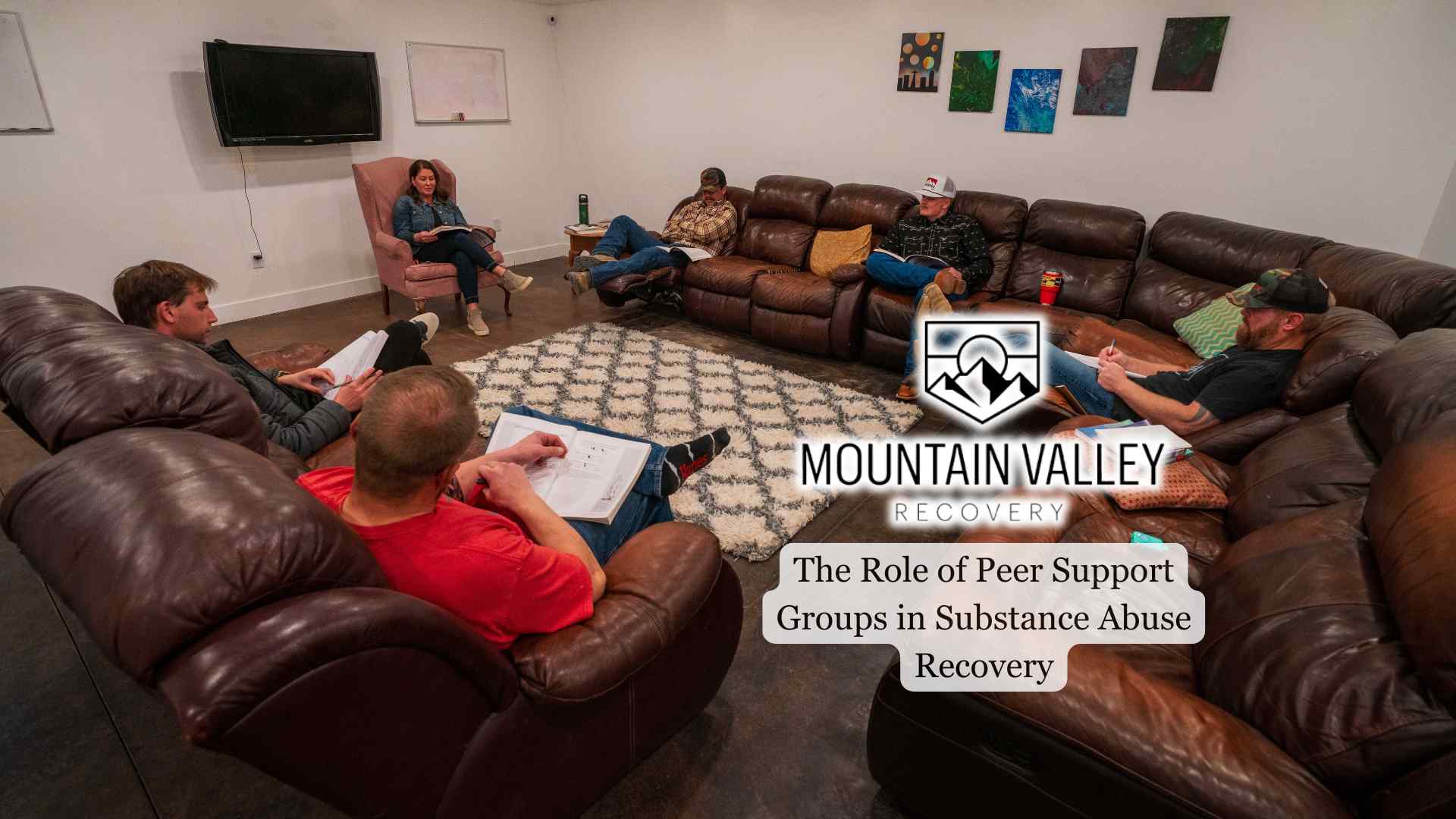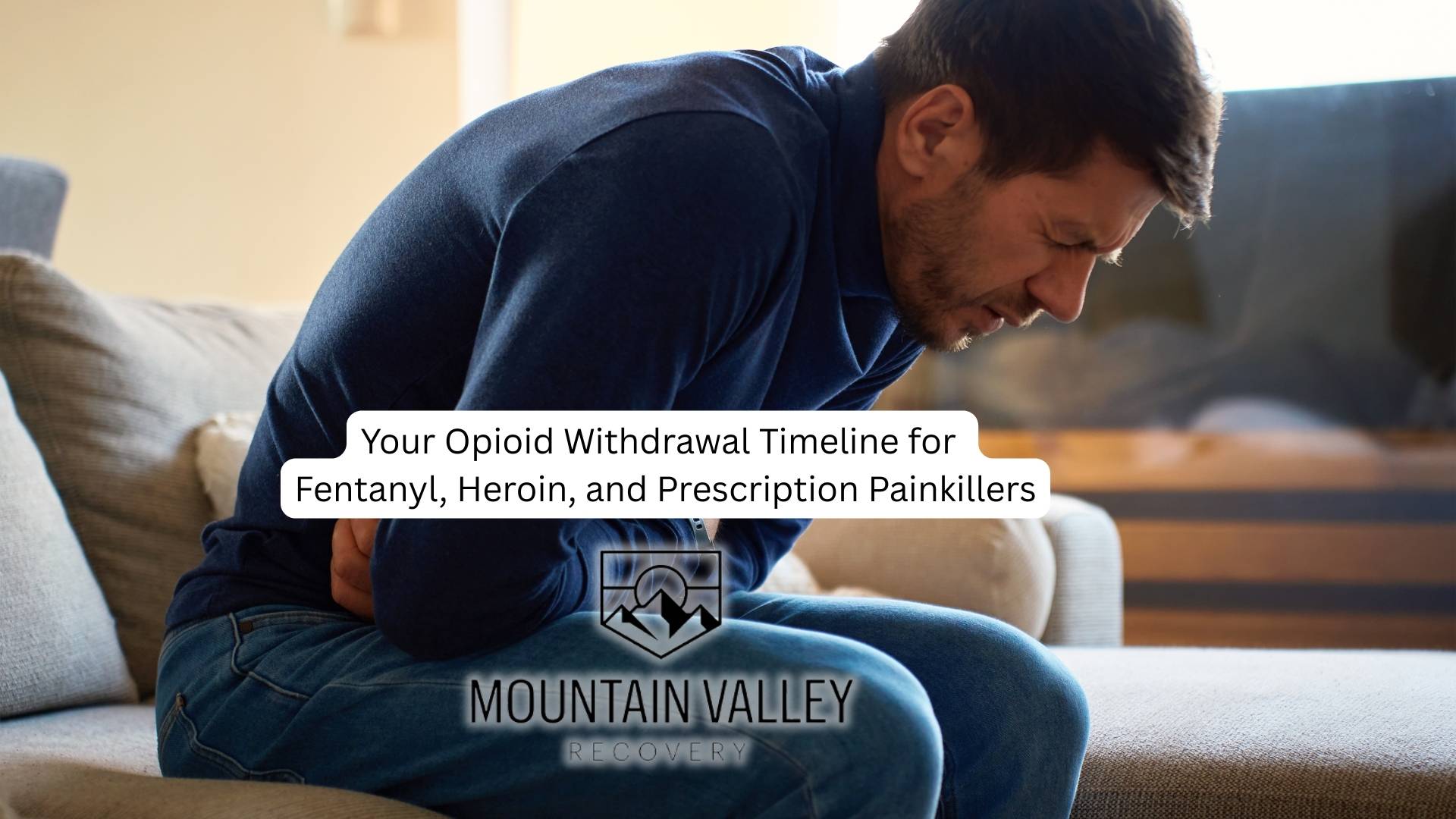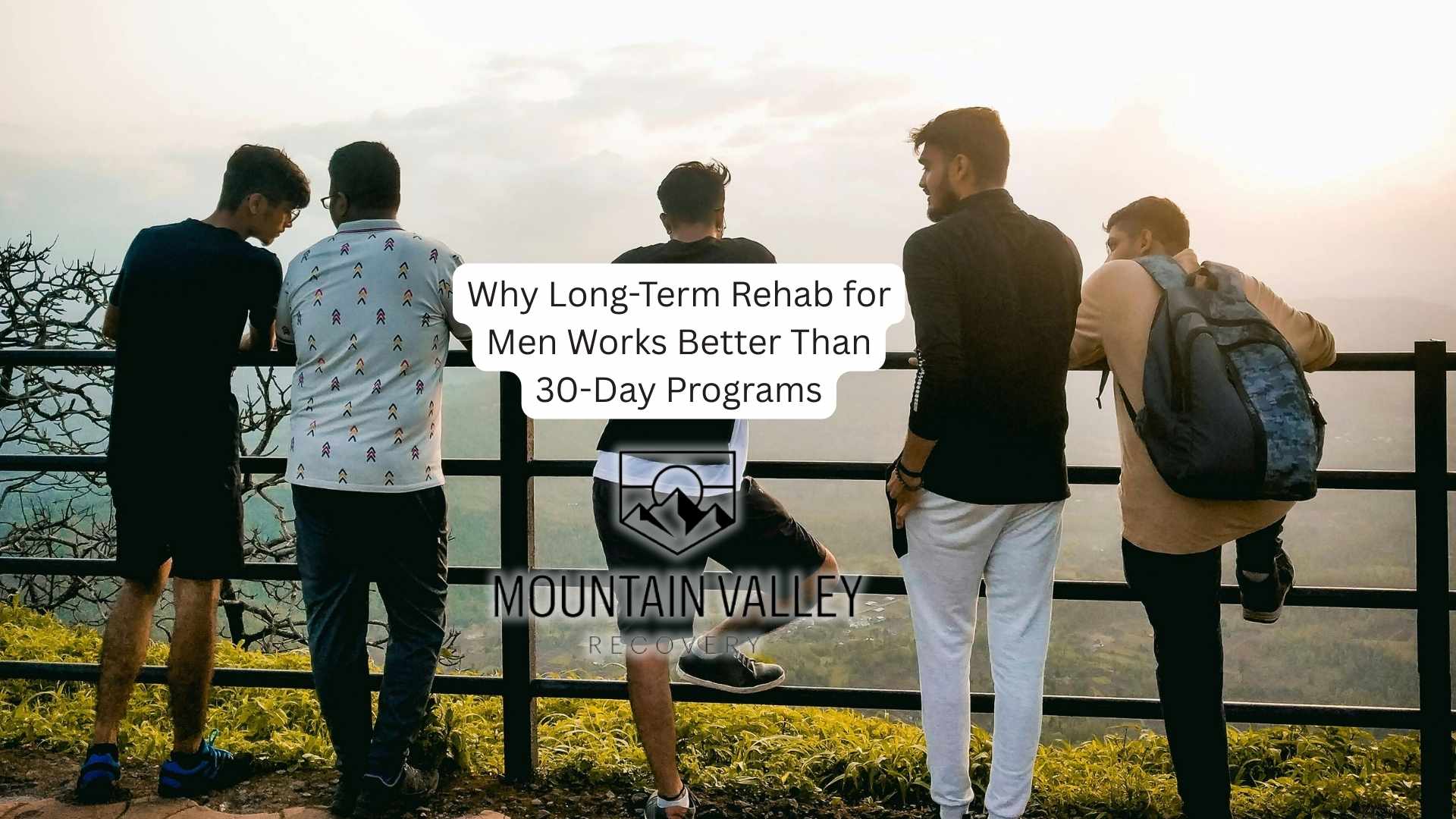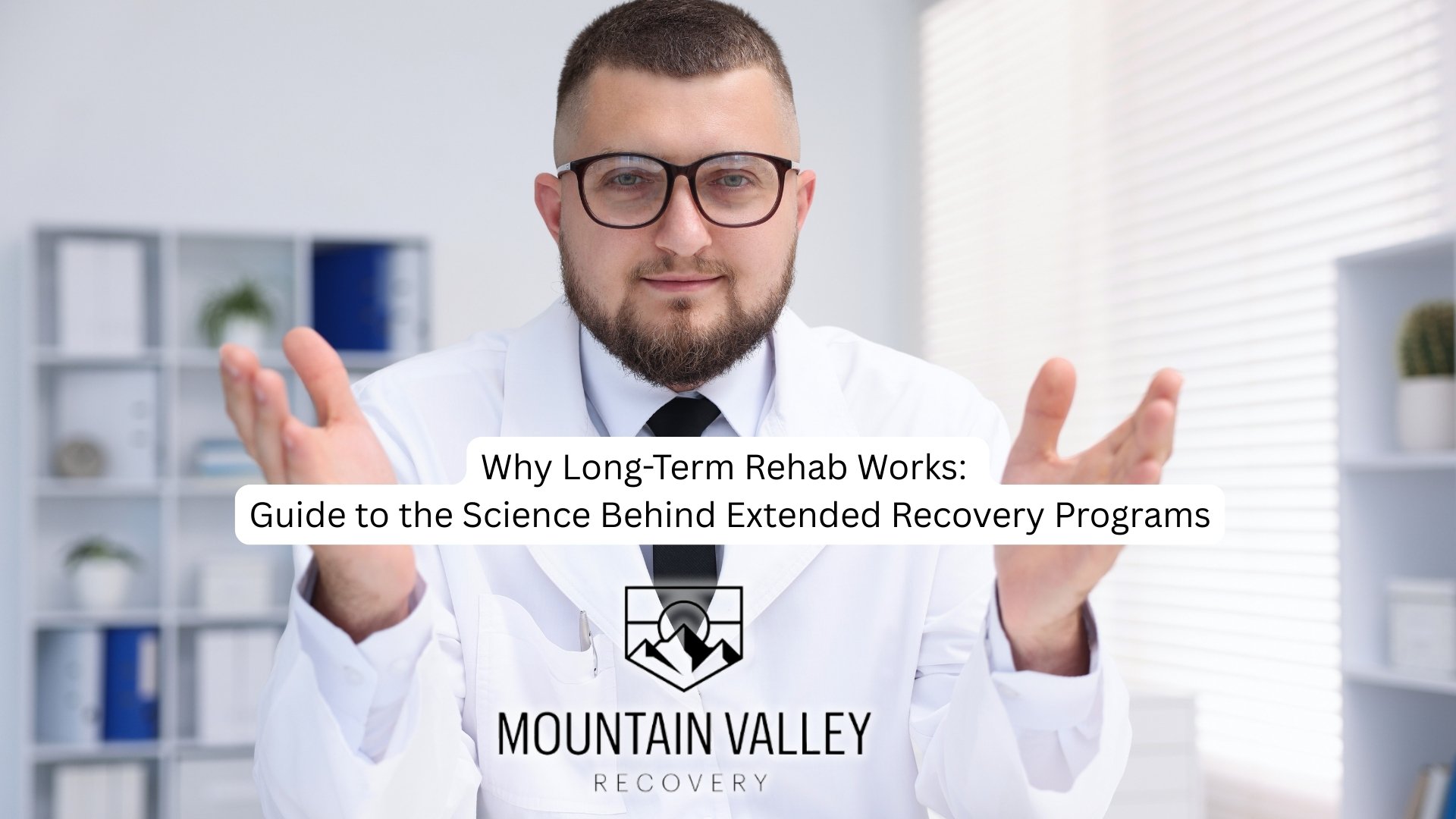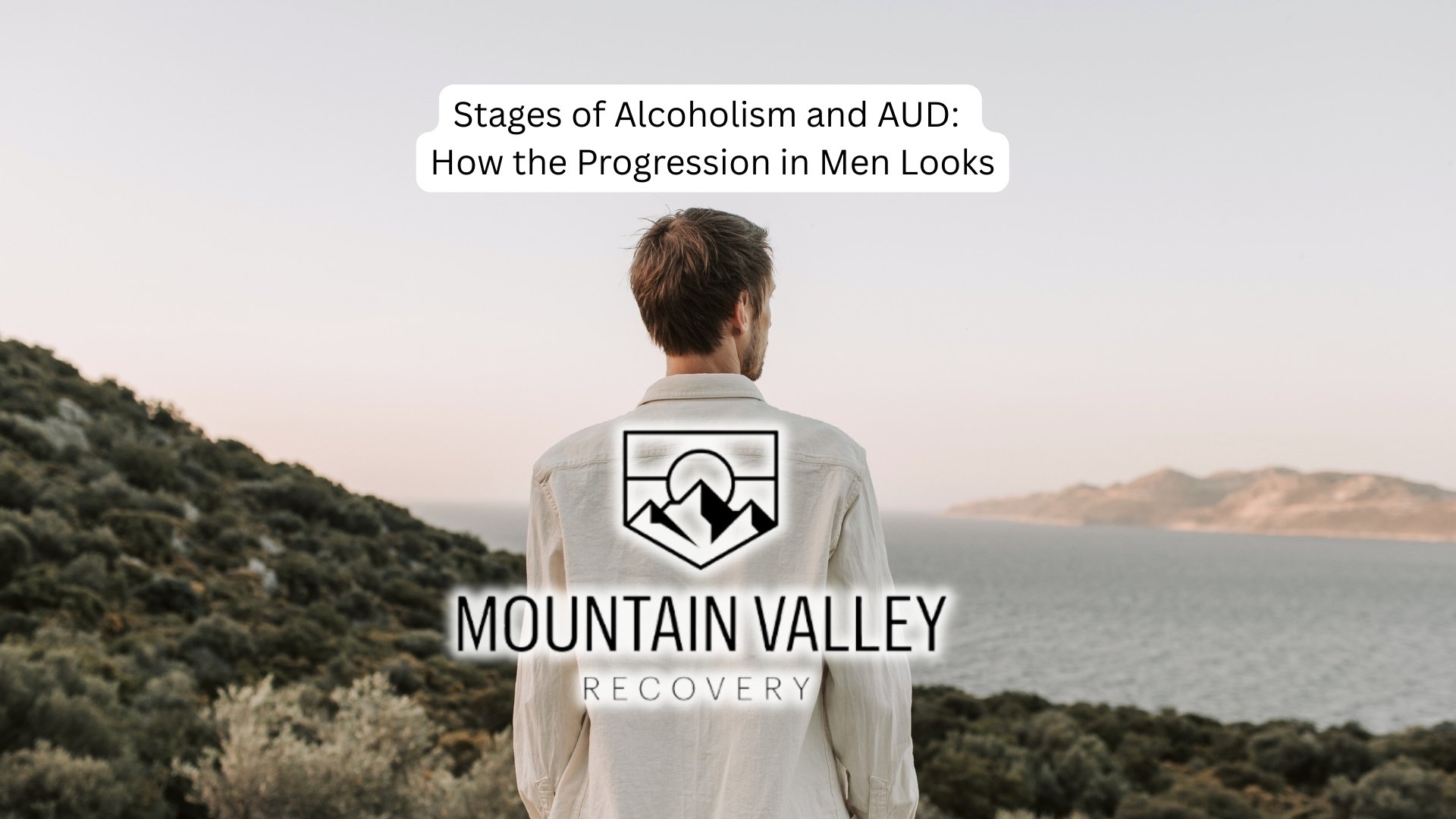or many men, the battle with addiction is made even more challenging by societal expectations that discourage emotional expression and vulnerability. In this context, peer support groups emerge as a crucial resource, providing a sense of community and understanding that can greatly improve the recovery experience.
In this article, we will explore the essential role of peer support groups in substance abuse recovery for men. We will highlight the unique benefits they offer, the various types of groups available, and how these supportive communities can complement professional treatment.
Understanding the Need for Peer Support
Men’s recovery journey is often hindered by societal pressures surrounding masculinity, making it challenging for them to express vulnerability and seek help.
Peer support groups play a vital role in addressing these unique struggles, providing a safe space where men can openly share their experiences and connect with others who understand their challenges. By fostering a strong sense of belonging, these groups help combat the isolation that frequently accompanies substance abuse recovery.
When you participate in peer support, you’ll find yourself surrounded by individuals who genuinely empathize with your struggles and celebrate your successes.
This shared understanding creates an environment where you can comfortably discuss your emotions and receive the support needed to navigate the complexities of recovery. Through regular engagement with your peers, you’ll develop meaningful relationships that extend beyond the group setting, fortifying your commitment to sobriety and personal growth.
At Mountain Valley Recovery peer support groups are a staple part of our Men Rehab ranch in Utah. Those group sessions empower men to embrace vulnerability, build connections, and access the emotional support necessary to achieve lasting change.
Shared Experiences
As you listen to others’ stories of struggle and triumph, you’ll feel a profound sense of connection and understanding. This is particularly important in male-focused groups, where discussing challenges related to masculinity, fatherhood, and societal expectations can be incredibly relevant and validating.
In these safe and supportive environments, you’ll have the opportunity to openly express your emotions, fostering greater vulnerability and emotional expression that may have been discouraged by traditional masculine norms. By sharing your own experiences, you’ll contribute to the collective wisdom of the group, offering hope, motivation, and practical advice to those navigating similar paths.
Safe Space for Emotional Expression
In these supportive environments, you’ll find that the shared experiences of your peers validate your own feelings, allowing you to discuss your challenges without fear of judgment.
The emphasis on brotherhood in these groups facilitates honest discussions about male-specific issues, such as societal pressures and emotional struggles, promoting deeper connections among members.
As you regularly share your experiences in peer support settings, you’ll develop improved emotional regulation and resilience, learning from the coping strategies and insights of your fellow group members. The safe space provided by peer support fosters open communication and reduces feelings of isolation, ultimately leading to enhanced mental health outcomes.
By actively engaging emotionally within these groups, you’ll likely experience decreased symptoms of depression and anxiety, empowering you to navigate your recovery journey with greater confidence and resilience.
Check out the benefits of enrolling in a men’s only rehab as a male struggling with substance abuse.

Accountability and Motivation
When you’re part of a peer support network, you’re encouraged to attend meetings regularly and actively participate, which significantly boosts your commitment to sobriety.
During group sessions, you’ll engage in check-ins and progress discussions, nurturing a sense of responsibility to support one another in achieving your recovery goals. The shared experiences within these groups create a collective motivation, as you witness your peers’ successes and struggles, further reinforcing your own dedication to recovery.
The camaraderie you build reduces feelings of isolation, enhancing your motivation to maintain recovery efforts and adhere to treatment plans.
Building Trust and Brotherhood
As you engage with peers who truly understand your struggles, you’ll discover a level of camaraderie that breaks down barriers and allows for genuine connections. This brotherhood is built on a foundation of trust, enabling you to express your vulnerabilities without fear of judgment.
By openly sharing your challenges and triumphs, you’ll find that emotional support is readily available from those who’ve walked a similar path. This support system not only provides comfort during difficult times but also reinforces accountability, ensuring that you stay committed to your recovery goals.
The bonds formed within these groups extend beyond meetings, creating a network of brothers who’ve your back and are invested in your success.
Read more about the essence of holistic approaches in addiction treatment and their impact on sustaining sobriety.
Types of Peer Support Groups for Men
Traditional 12-step programs like AA and NA provide a spiritual foundation for recovery, while non-12-step groups such as SMART Recovery focus on evidence-based strategies and self-empowerment.
You may also benefit from male-specific peer support groups that address the unique challenges men face in substance abuse recovery, such as masculinity, fatherhood, and emotional struggles.
Community-based groups offer local connections and relatable experiences, fostering accountability and motivation. Online support groups expand your network, allowing you to connect with peers regardless of location.
Final Thoughts from Mountain Valley Recovery
Engaging with peers who genuinely understand the challenges of addiction allows men to cultivate a sense of belonging and accountability, which is essential for long-term recovery. At Mountain Valley Recovery, we recognize the transformative power of peer support as part of our comprehensive treatment approach. Our men’s rehab ranch emphasizes the importance of community and connection, ensuring that every participant has access to the resources and support they need to thrive.
Published: 8/23/2024

